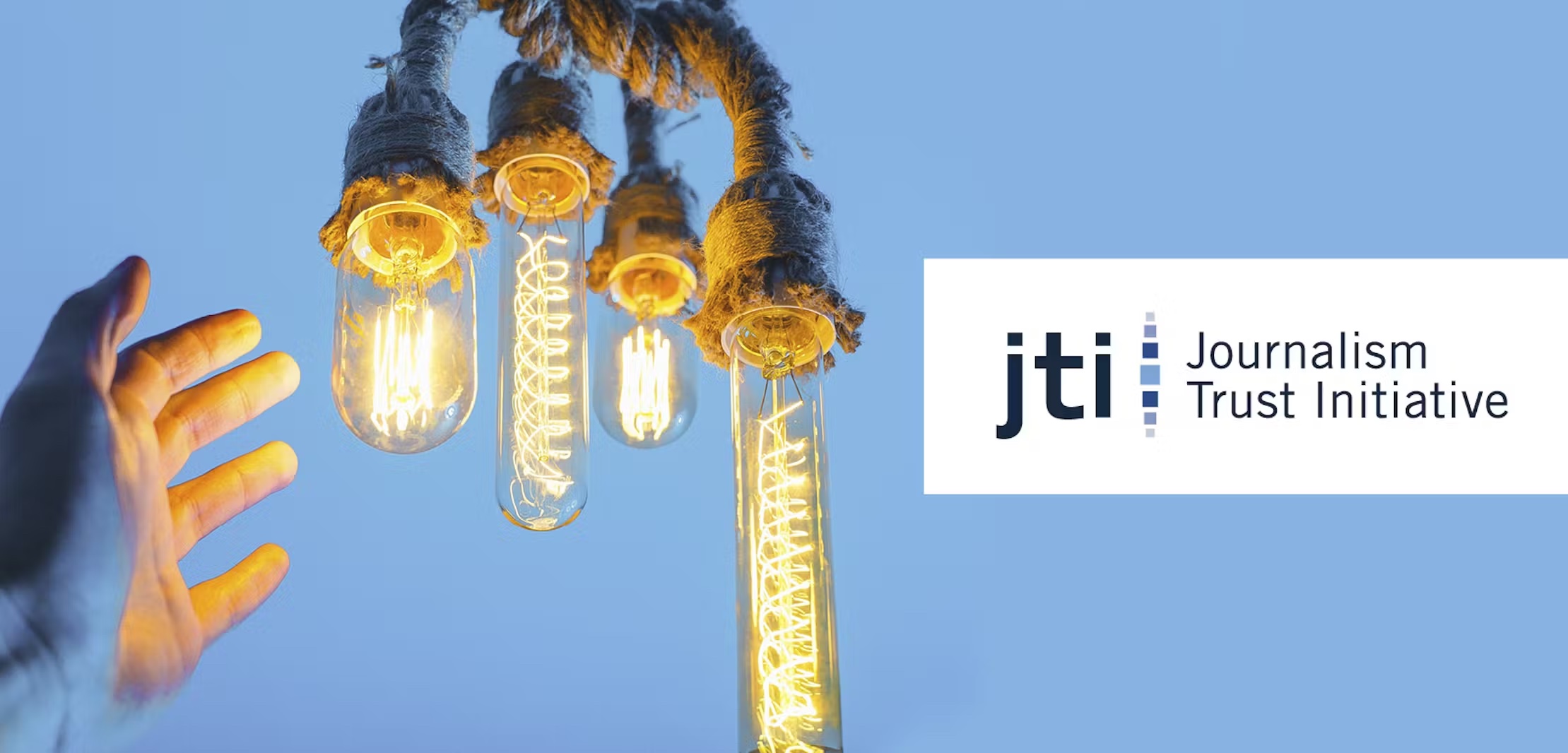The dangers of Artificial Intelligence and the importance of prevention in the fight against fake news are the themes of the third season of the series “Pillole contro la disinformazione consisting of ten one-minute videos designed to counter falsehoods, hoaxes, and conspiracy theories, both on the web and beyond. Starting from August 30th, the new video segments will be available in a box-set on RaiPlay, and from September onwards, they will be included in the schedules of all Rai channels. Produced by the Directorate of Transmedia Digital Content in collaboration with the Research Office and the Communication Directorate, these videos are part of a communication campaign that has already reached millions of users and viewers in recent months: 272 million contacts were reached with the first season, totaling 2600 TV broadcasts, and 280 million contacts with the second season, totaling 2260 TV broadcasts.
“Pillole contro la disinformazione” is a digital-first production – as stated by Maurizio Imbriale, Director of the Directorate of Transmedia Digital Content – and it is an example of the significant potential of transmedia content, which is designed to be published first on RaiPlay and then on Rai‘s generalist and thematic channels. Combating disinformation and fake news is one of the pillars of the Service Contract, and transmediality is one of the key approaches that effectively reach a broad and diverse audience.
Among the new titles, there are those that raise the alarm about the possible spread of falsehoods through generative Artificial Intelligence with applications capable of creating incredibly realistic yet false images (Perfetti conosciuti) and writing texts “like” or “better” than humans but not always reliable (Sparaballe). The series also highlights the more insidious cases of counterfeiting and manipulation of digital content, such as the cloning of websites of some authoritative European publications discovered in recent months (L’attacco dei cloni), or the use of emojis for coded communication among groups of racists and conspiracy theorists on social media (Emoji).
The series also pays attention to the unconscious mechanisms that deceive many internet users, such as confirmation bias (Non è vero ma ci credo) or the illusion of recognizing familiar shapes and secret connections in an image (Vederci chiaro). It also addresses a global misinformation trend, that of renewable energies (Chiacchiere al vento), and highlights a model to emulate, Finland, with its early digital literacy strategy in schools (Cominciare da piccoli). Among the useful tips, there is a video explaining how to trace the metadata of a file published online (Viaggi nel tempo), and one that starts with a tribute to Piero Angela, a master in debunking pseudoscientific claims, and suggests adopting a preventive approach to better protect oneself from disinformation (Pre-bunking).
This initiative is part of the long-standing digital inclusion efforts by the public service and aligns with the media literacy activities in which Rai has been engaged by joining the Italian Digital Media Observatory (IDMO), a consortium co-funded by the European Commission, coordinated by Luiss Guido Carli University, and involving Tim, Gruppo Gedi, University of Tor Vergata, T6 Ecosystems, NewsGuard, and Pagella Politica.



